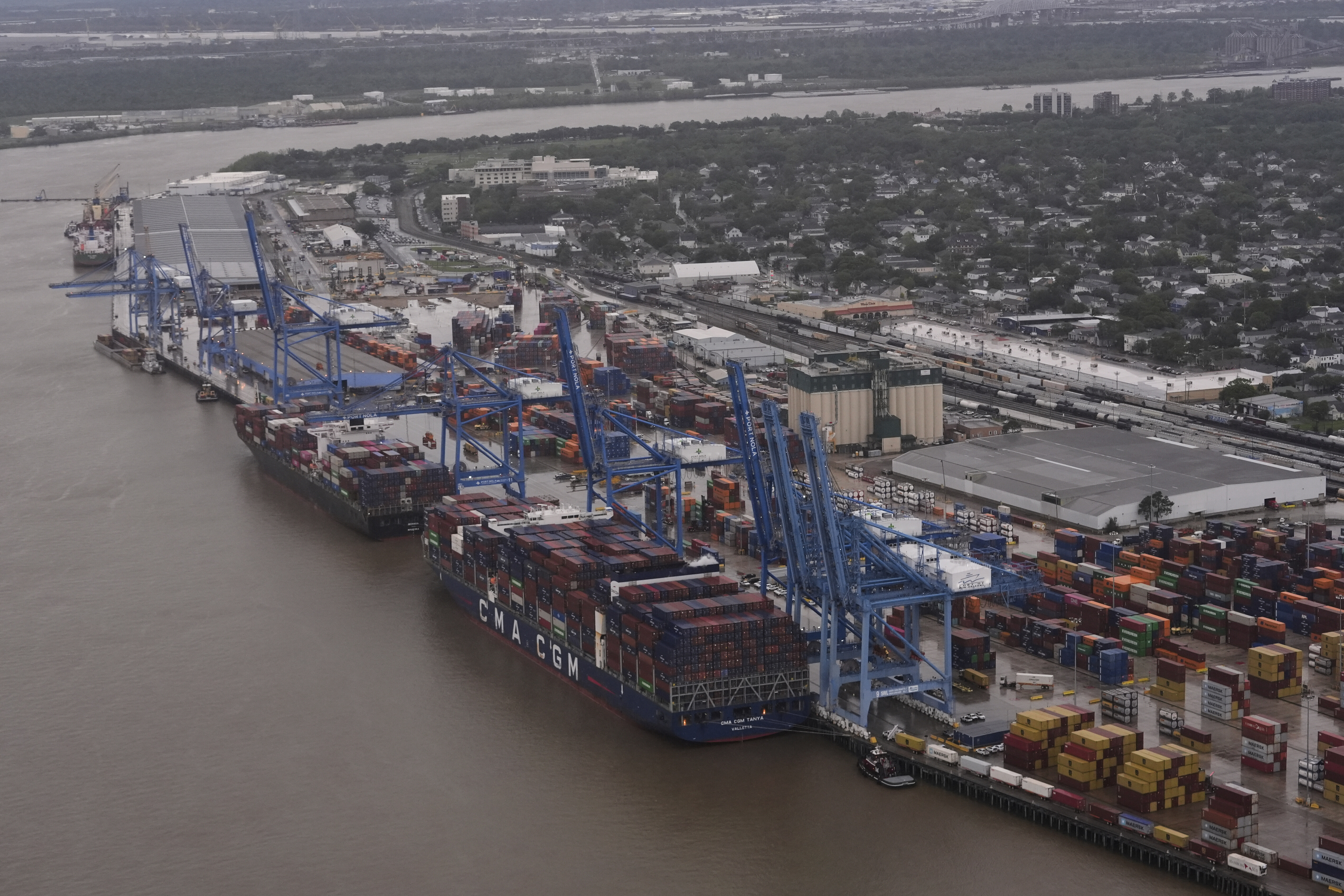On Nov. 9, 2019, Germany celebrated the 30th anniversary of the fall of the Berlin Wall. Combined with the reunification of Germany a year later, that event marked a turning point in German history. Reunification was messy, but it provided a new political beginning for Germany, and an opportunity to slowly heal the divides between East and West. Thirty years later, the success of the far-right Alternative for Germany, or AfD, in regional elections in Germany’s East reveals a renewed turmoil in German society.
Regional elections in the eastern states of Brandenburg, Sachsen, and Thüringen over the last few months are the latest warning sign for Germany. On one hand, the AfD’s success in these elections -- it placed second in all three states -- will likely not cause the collapse of Germany’s reigning Grand Coalition, as the union between the Chistian Democrats, or CDU, and Social Democrats, or SPD, is called. However, it is now extremely difficult to form stable regional governments without the AfD, which is currently boycotted by all parties as too extreme. In Brandenburg and Sachsen, the CDU, SPD, and Greens have been forced into difficult three-party coalitions, and in Thüringen no previously attempted governing coalition will be able to secure a majority.
These elections underscore the reality that beyond party allegiances, considerable differences still exist between East and West Germany. The AfD’s rhetoric, and in particular that of its hard-right faction -- known as Der Flügel and led by former historian Björn Höcke -- reveals a radical desire to remake German society.
The AfD ran on the slogan “Wende 2.0”, referring to the peaceful revolution in the communist German Democratic Republic (DDR) that helped bring about the fall of the Wall. The AfD’s campaign promise was to complete this revolution and guarantee the rule of law, freedom of speech, and democracy itself, which it seeks to portray as under threat from the current German government.
Such a message, even from a party whose leaders and members are continually tied to neo-Nazis, did surprisingly well in East Germany. Faith in democracy in Germany’s east has plummeted: Today only around 30 percent say democracy as practiced in Germany is the best form of government. According to Christian Hirte, the German federal commissioner for the former East German states, people there are “tired of change” and feel themselves treated as second-class citizens.
Much of this is related to the deep economic differences that remain between East and West. Despite impressive economic gains and massive investment from West Germany over the last three decades, East Germany is still less well-off than its western counterpart. Approaching 30 years after reunification, GDP per capita in the East is 75 percent of that in the West, and eastern rural areas face dwindling populations. A stubborn, general sentiment exists that East Germans are underrepresented in top positions compared to West Germans. These lasting economic and social woes have helped make Germany’s East a fertile ground for the AfD to plant roots.
Anchored in the East and stagnating in the West, the AfD is waging a self-described culture war throughout Germany. Its main targets are the traditional media, which the party views as a propaganda apparatus, and groups representing other political or cultural viewpoints. The party’s weapons are threats against journalists or attempts to curtail the funding for different forms of art. It also stages demonstrations and issues heated rhetoric calling, for example, for a national theater culture to support German identity and culture. The vociferousness of the AfD’s official cultural offensive has encouraged extreme-right and violent elements of German society to the point that artists and public officials have received death threats, including Thüringen CDU boss Mike Mohring, who received a death threat signed “Sieg Heil und Heil Hitler.”
The success of the AfD is evidence of a German identity crisis, especially with regards to how Germans view the last thirty years. It is unclear whether the AfD will be able to capitalize further on its electoral success. The party has plateaued nationally, and the power struggle between the party’s more moderate wing and Höcke’s Flügel will likely continue. But this may matter little for the party’s direction, as the major disagreement between the two factions is on style and not on Höcke’s radicalism, which is in the “middle of the party” according to former party head Alexander Gauland.
After the national party conferences in November and December, the real effect of these elections on wider German politics may still be to come. Though the CDU’s leadership contest has been paused, there is still division in the party regarding its overall direction, which an emboldened AfD overtly seeks to exploit. While Germany’s ruling coalition looks set to limp out the rest of its term, the AfD’s eastern surge and its new strategy reveal that there is still immense work to be done to protect the democratic gains of the past 30 years.












